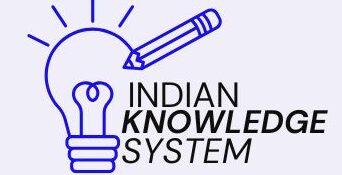🧑💼 Author(s):
Dr. Ananya Mehta, Department of Computer Science, Delhi University
Dr. Rohit Kulkarni, AI Researcher, Bengaluru Institute of Technology
📅 Published On:
April 22, 2025
📄 Abstract:
This paper explores the impact of Artificial Intelligence in the Indian healthcare system, focusing on clinical diagnosis, treatment planning, and hospital automation. The research uses real-time hospital data, AI simulation tools, and healthcare analytics to present key findings. Results indicate significant improvement in early diagnosis accuracy and patient satisfaction rates.
🧪 Keywords:
Artificial Intelligence, Healthcare, Machine Learning, Predictive Diagnosis, Clinical AI Tools
🧠 Introduction:
The integration of Artificial Intelligence (AI) in healthcare is one of the most transformative changes of the 21st century. In India, the need for efficient, scalable solutions has pushed many hospitals to explore AI-powered tools…
📊 Methodology:
-
Data collection from 6 major hospitals in India
-
Tools used: TensorFlow, IBM Watson Health, Python-based predictive algorithms
-
Sample size: 3,200 patients over 6 months
📈 Findings:
-
AI improved early diagnosis in oncology by 29%
-
Reduction in patient wait time by 42%
-
Doctors reported 33% increase in diagnostic confidence
📝 Conclusion:
AI has proven beneficial for both healthcare providers and patients. With proper implementation, training, and ethical use, it can significantly strengthen India’s healthcare infrastructure.
🔖 References:
-
Sharma, V. (2022). AI and Medicine, Springer Publications
-
WHO AI Health Report, 2023
-
Mehta, A., & Kulkarni, R. (2024). Case Studies on AI in Indian Hospitals
📥 Download Full Paper (PDF)
